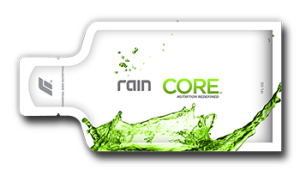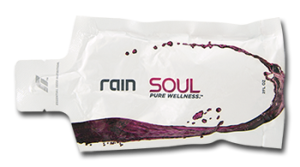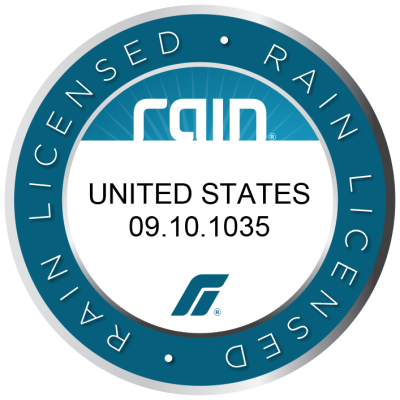5 Ways Eating Whole Foods Serves Your Health
If you’re looking for a way to stay healthy, decrease the risk of suffering from some serious diseases, and slow down the process of aging, then you should eat more whole foods. Whole foods are the foods closest to their natural state, which means that they contain much more nutrients than processed foods. Of course, it’s incredibly hard to make your diet consist of whole foods only, but you should strive to make them the majority of the food you consume.
Why whole foods
Whole foods are the unprocessed vegetable, fruits, beans, seeds, nuts, legumes, whole grains, seafood, fish, eggs, red meat, and poultry. Now, most people know those whole foods are healthier. They just don’t want to spend too much money on them, since they are slightly more expensive.
However, just take a moment to think about how health is important. And if you truly need all the processed snacks and sweets that you buy on a regular basis. It’s a much better idea to simply visit your local farmers’ market and buy the nutrient-packed whole foods.
In case you need to be convinced to start eating whole foods, here are 5 ways they contribute to your well-being.
Lower Risk Of Diabetes
According to Mercola.com, a diet that involves a lot of whole grains, vegetables, and fruits significantly lowers the risk of developing type 2 diabetes. In case you are already suffering from this disease, know that you too will feel better if you follow a diet based on whole foods.
A Stop To Nutrient Shortages
WebMD notes that a survey about eating habits was conducted by the United States Department of Agriculture, and the results they found were shocking. A huge amount of people didn’t have proper nutrient intake. In fact, 92-97% of the population that participated in the survey didn’t consume enough potassium and fiber, while a third of the people didn’t consume a sufficient amount of vitamin C.
However, these nutrients help reduce the risk of some serious diseases and are very important for your overall health. So, what should people do when they simply don’t get enough nutrients from the food they eat? Start consuming whole foods. All of these nutrient shortages can be fixed by following a diet filled with healthy, whole foods.
Fiber
Most whole plant-based foods are extremely rich in fiber, while processed and junk foods aren’t. Fiber is a very important nutrient that improves your health in numerous ways. For example, it helps you fight diabetes, heart disease, it helps you feel full faster, and it keeps the GI tract moving.
Whole foods are a much better way to increase your fiber intake since they contain both types of it (insoluble and soluble). Eating foods that are rich in fiber will also help control your weight, blood fats, and blood sugar.
Weight Management
If you want to keep your weight under control, but don’t feel like going on some extreme diet, then you’ll be pleased to hear that eating whole foods promotes healthy weight management, especially if you choose to eat mostly whole vegetables and fruits. These foods contain very little calories, so you won’t have to worry about counting them.
More Energy
There is a simple explanation of why whole foods will provide you with more energy. When you eat something, your body has to break down that food. However, processed foods are difficult to break down, so a lot of the energy they have to offer will actually go into the processing of breaking it down. On the other hand, it’s not a challenge for your body to break down whole foods, so you will be left with a lot of unused energy.
Add Healthy Fish And Seafood Dishes To Your Diet
The delicious goodies that come from deep waters yield multiple benefits. Here is why you should add seafood delicacies to your diet:
The omega -3 fatty acids in cold water fish, such as salmon, tuna, trout, mackerel and herring reduce risks of cardiovascular disease, including stroke and/or heart attack. You can get these from fish oil capsules on the market today but why not get it directly from actual seafood?
Nutrients in fish and seafood help protect your skin against the damaging effects of ultraviolet rays. Fish oil also helps reduce acne breakouts.
Eating fish helps boost fetal growth and development, and may reduce the chances of delivering prematurely.
Shrimp is very low in calories; in fact, 6 large grilled or steamed shrimp have only 155 calories and about 20 grams of protein!
There are very many seafood options to choose from, whichever you prefer, you will reap all the fishy goodness from it.
Final Thoughts
Consider what you are eating every day and that diet is your best chance of living a longer and healthier life.







